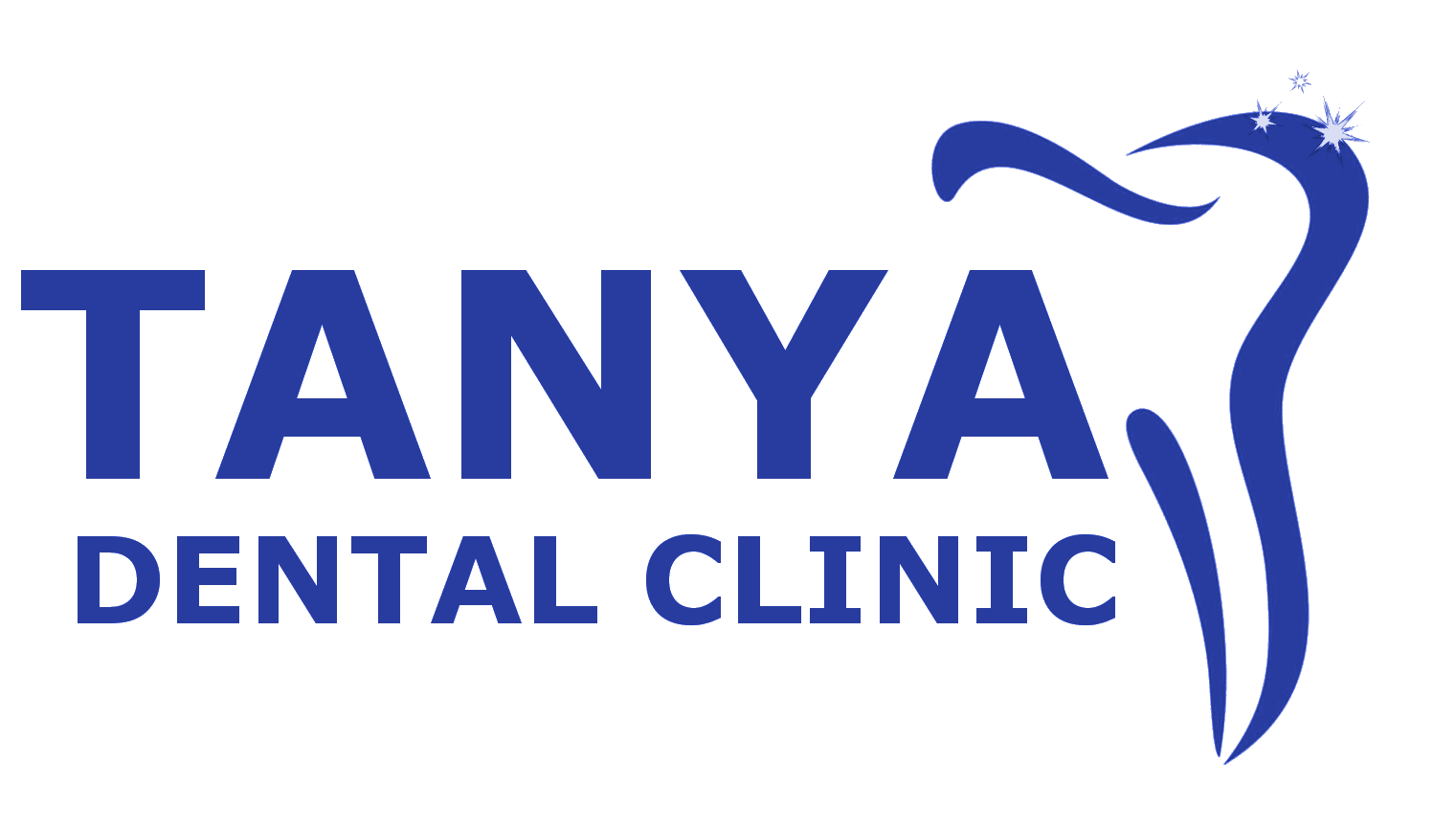 Preventive Dentistry
Preventive Dentistry
We focus on maintaining oral health and preventing future problems.
 Restorative Dentistry
Restorative Dentistry
Our increased attention addresses repairing damaged or missing teeth.
 Cosmetic Dentistry
Cosmetic Dentistry
For your confidence we advocate improving the appearance of teeth and smiles.
 Oral Surgery
Oral Surgery
Focuses on surgical procedures in the mouth.
We will thoroughly discuss treatment options, clearly explain procedures, and carefully address all your concerns.
Regular check-ups that include visual examinations, oral cancer screenings, and assessments of overall oral health.
Essential diagnostic aid that plays a vital role in all aspects of dental care, assisting treatment decisions across all services.

We focus on maintaining oral health and preventing future problems.

Regular Dental Examinations are crucial for oral health. They involve comprehensive oral health assessments.

Preventive dentistry focuses on maintaining oral health. Professional Cleaning involves removing plaque and tartar.

Fluoride Treatments address the excessive fluoride exposure as well, protecting teeth from decay.

Fluoride Treatments help strengthen tooth enamel. This preventive measure protects teeth from decay.

Oral Cancer Screenings are essential for early detection. Dentists check for signs of oral cancer.

Patient Education is key to good oral hygiene. Dentists provide instruction and advice to patients.
Our increased attention addresses repairing damaged or missing teeth.
Correct misaligned teeth and jaws, improving bite function and overall oral health.

Replace damaged or missing tooth structure, restoring strength, function, and appearance.

Indirect fillings that restore larger areas of tooth damage, offering a more durable and aesthetic alternative to traditional fillings.

Replace missing teeth and surrounding tissues, restoring chewing ability and facial structure.

Restore teeth damaged by decay, restoring their shape and function.

Treats infected tooth pulp, saving the tooth and relieving pain.
For your confidence we advocate improving the appearance of teeth and smiles.

Thin, custom-made shells bonded to the front surface of teeth to improve their color, shape, size, or length, creating a flawless smile.

Straightens misaligned teeth and corrects bite issues, improving both oral health and smile aesthetics.

A tooth-colored resin applied and sculpted to teeth to repair chips, cracks, gaps, or discoloration, providing a quick and affordable cosmetic improvement.

Brightens stained or discolored teeth, enhancing your smile's appearance and boosting your confidence.

A discreet alternative to traditional braces, using a series of clear, removable aligners to gradually straighten teeth for a more comfortable and aesthetically pleasing orthodontic experience.
Focuses on surgical procedures in the mouth.

Surgical and non-surgical management of disorders affecting the temporomandibular joint and surrounding muscles, addressing pain, clicking, and limited jaw movement.

Removal of a small tissue sample for laboratory analysis to diagnose oral diseases, such as oral cancer or other pathological conditions.

Diagnosis and surgical management of diseases affecting the oral cavity, including cysts, tumors, and other lesions of the soft tissues and bone.

Removal of teeth that are damaged, decayed, impacted, or causing overcrowding, including wisdom tooth removal.

Surgical removal of a frenulum (a small fold of tissue) in the mouth, often to improve tongue movement or address gum recession.
Patient Education is key to good oral hygiene. Dentists provide instruction and advice to patients.
Preventive dentistry encompasses various procedures to maintain optimal oral health. These include professional cleanings for plaque and tartar removal, regular check-ups, and screenings for oral cancer signs.
Fluoride treatments strengthen tooth enamel, while sealants protect against decay. Patient education is vital for oral hygiene. Mouthguards provide protection during sports activities and against teeth grinding.
Regular dental examinations are essential for oral health assessments. Oral cancer screenings help in early detection. Preventive measures like fluoride treatments, sealants, patient education, and mouthguards are beneficial for overall dental well-being.
It depends on the severity of the chip. A minor chip might be addressed with cosmetic bonding, which falls under both cosmetic and restorative dentistry. However, a larger chip that affects the tooth's structure or function will likely require a restorative procedure like a filling, crown, or veneer. It's best to schedule a consultation with our dentists to determine the best course of action.
Several restorative options are available for replacing missing teeth, including dental implants, bridges, and dentures. Dental implants are a permanent solution that involves surgically placing artificial tooth roots into the jawbone. Bridges are fixed appliances that anchor artificial teeth to adjacent natural teeth. Dentures are removable appliances that replace multiple missing teeth. The best option for you will depend on factors like your oral health, the number of missing teeth, and your budget. We can discuss these options in detail during a consultation.
Professional teeth whitening offered at our clinic is the most effective and safest way to achieve significant whitening results. While over-the-counter whitening products can offer some improvement, they often produce less dramatic results and can sometimes cause tooth sensitivity or gum irritation. Our professional whitening treatments use stronger, more effective whitening agents and are administered under controlled conditions to minimize any potential side effects.
Several cosmetic options could address your chipped and crooked front teeth. Veneers are a great option for correcting minor misalignments, chips, and discoloration, providing a uniform and aesthetically pleasing appearance. Cosmetic bonding is another option for minor chips and can be a more affordable alternative. For more significant misalignment, orthodontic treatment, such as Invisalign or traditional braces, might be recommended. A consultation with our dentists can help determine the best treatment plan for your specific needs.
Fluorosis can range from very mild, with barely noticeable white spots, to more severe, with brown staining and pitting of the enamel. Mild cases often don't require treatment, while moderate to severe cases can be addressed with various cosmetic procedures. These may include teeth whitening for mild discoloration, microabrasion to remove superficial stains, or veneers or bonding to cover more significant staining or pitting. We can assess the severity of your fluorosis and recommend the most appropriate treatment option.
This site was created with the Nicepage
